• Adenovirus Service • AAV Service • Lentivirus Service • Retrovirus Service



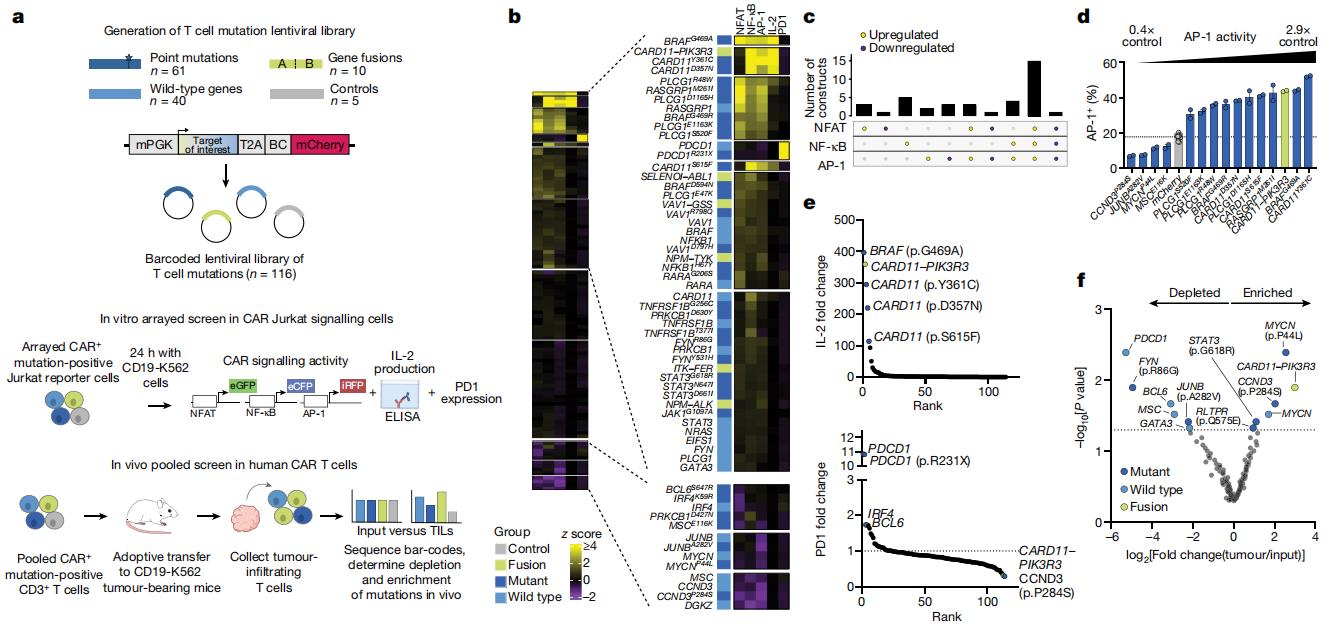
Jaehyuk Choi's team at Northwestern University Feinberg School of Medicine and Kole Roybal's team at the University of California, San Francisco published a research paper titled "Naturally occurring T cell mutations enhance engineered T cell therapies" in the journal Nature.

Oncolytic viruses (OVs) are a type of natural or recombinant viruses that can selectively infect and kill tumor cells without damaging normal cells. Oncolytic viruses have the advantages of good targeting, few adverse reactions, multiple ways to kill tumors, and are not prone to drug resistance. And oncolytic virus combined with chemotherapy, radiotherapy and immunotherapy has a synergistic effect. In recent years, with the continuous development of technology and the deepening of research, the selectivity and effectiveness of oncolytic virus products on tumor cells have been continuously improved, while the impact on normal cells has been further reduced, and they have gradually become a research and development hotspot.

Recently, researchers from Shanghai Jiao Tong University in China published a paper titled "Base editing effectively prevents early-onset severe cardiomyopathy in Mybpc3 mutant mice" in the journal Cell Research. This study developed an effective, PAM sequence-extended dual AAV vector-delivered adenine base editor-SpRY-ABE8e, which can effectively and precisely correct Mybpc3 gene mutations in mouse models, thereby preventing cardiac hypertrophy and dysfunction in mouse models. These trial results demonstrate the great potential of base editing as a new treatment modality for inherited cardiomyopathies and lay the foundation for future clinical applications.
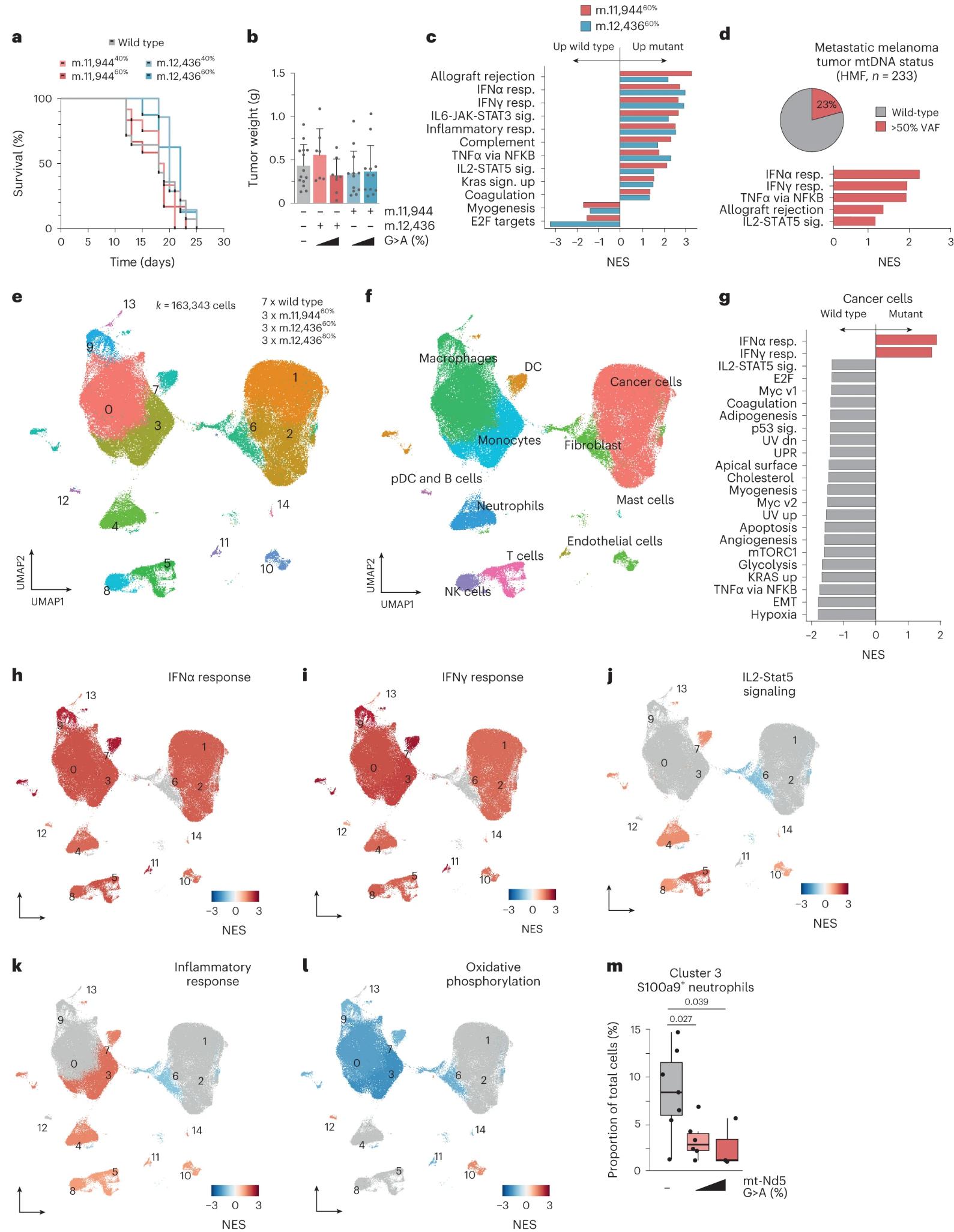
The mitochondrial genome (mtDNA) encodes the basic mechanisms of oxidative phosphorylation and metabolic homeostasis. The mtDNA of tumor cells is one of the most mutation-prone regions in cancer genomes. However, there is still some controversy in the scientific community whether these mutations will affect the biological characteristics of tumors.

Modulating tumor PD-L1 expression is critical to improve researchers' understanding of tumor immune evasion and improve current anti-tumor immunotherapies. Recently, in a research report titled "CRISPR screening identifies the deubiquitylase ATXN3 as a PD-L1–positive regulator for tumor immune evasion" published in the international journal Journal of Clinical Investigation, scientists from Northwestern University and other institutions have identified a previously unknown tumor immune escape regulator through research, which may be expected to help improve the efficacy of current and future anti-tumor immunotherapies.

Recently, researchers from the University of Cambridge published a research paper titled "Arachidonic acid inhibition of the NLRP3 inflammasome is a mechanism to explain the anti-inflammatory effects of fasting" in Cell Reports. The study uncovers how fasting helps prevent inflammation. Fasting can increase the level of arachidonic acid in the blood, and arachidonic acid can reduce the activity of the NLRP3 inflammasome, thereby inhibiting inflammation. The findings also help explain some of the beneficial health effects of drugs like aspirin.
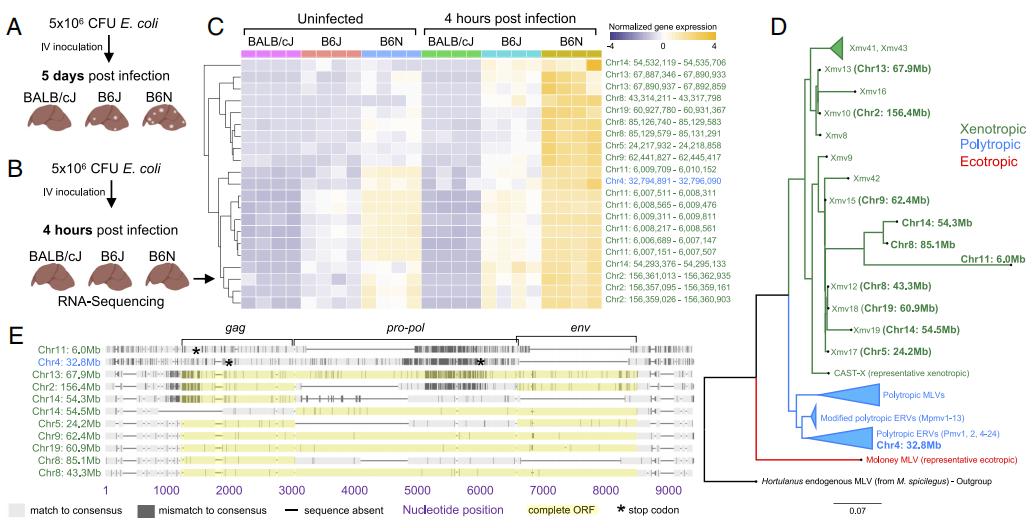
Bacterial infections can lead to the formation of abscesses, pockets of dead cells and debris surrounded by inflammatory immune cells. Bacteria can multiply in an abscess and cause more infections, further damaging surrounding tissue. In severe cases, these immune responses can spread throughout the body and eventually cause life-threatening organ failure or sepsis. But how these abscesses form and how to prevent them have not been better understood.
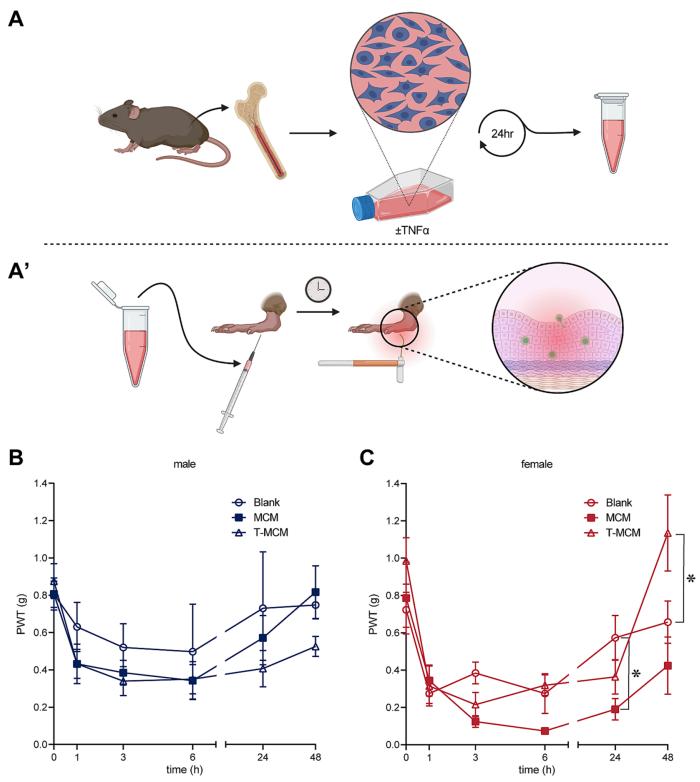
Decades of research into chronic pain in humans have deepened scientists' understanding of the cellular mechanisms underlying this process. However, the inability to account for the biological variables underlying gender may limit the clinical application of these groundbreaking findings. Recently, in a research report titled "Sex differences in peripheral immune cell activation: Implications for pain and pain resolution" published in the international journal Brain, Behavior, and Immunity, scientists from the University of Alberta and other institutions have revealed differences in the way male and female mice develop and relieve chronic pain in their bodies. The findings point to potential ways for scientists to develop targeted therapies for use in humans in the future.

Cancer cells use various tricks to achieve immune evasion. For example, a recent research result published by a Columbia University team in Cell found that cancer cells use the same regulatory factor to suppress anti-tumor immune responses through two different mechanisms.
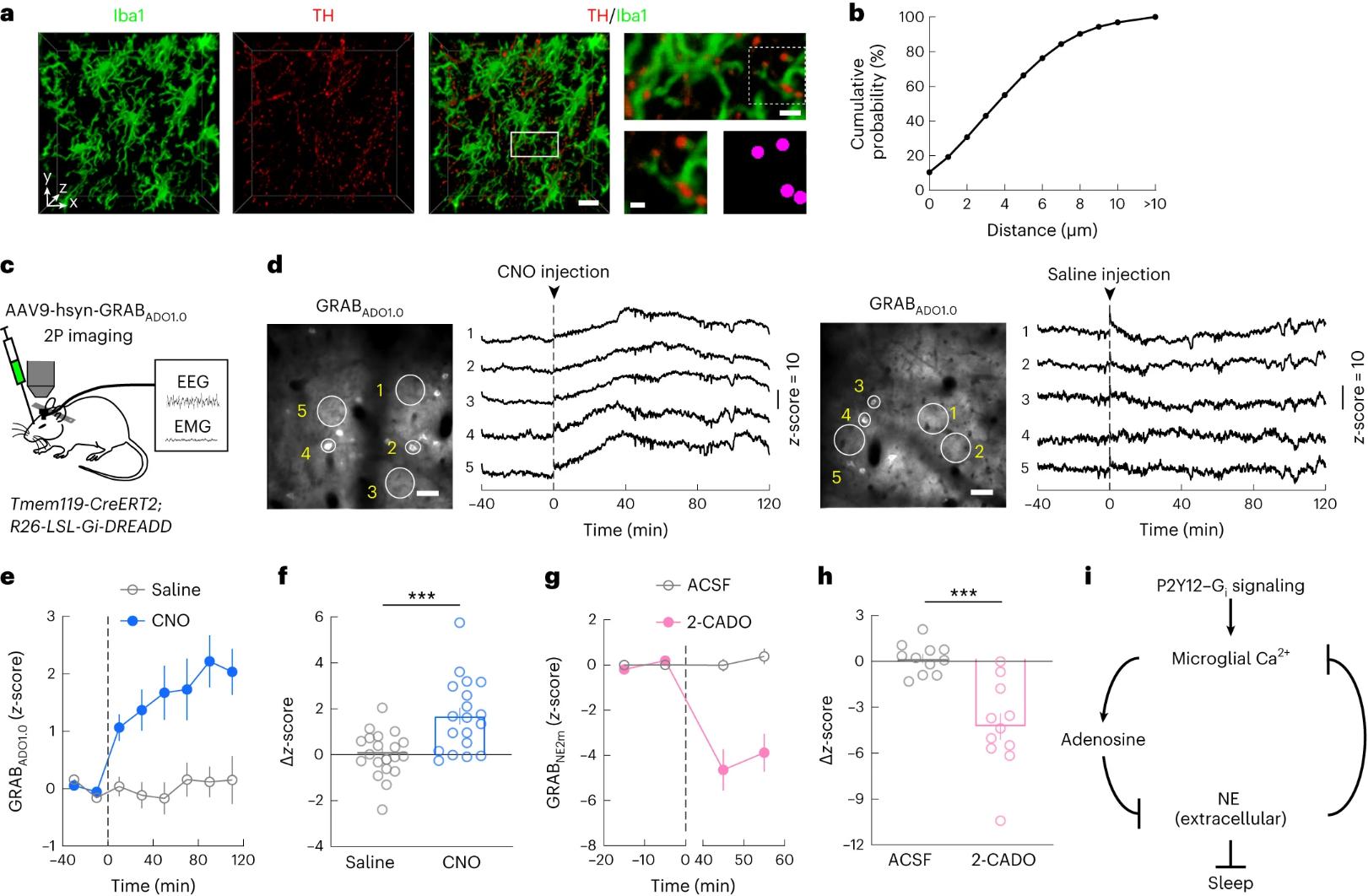
Professor Dan Yang, an academician of the National Academy of Sciences and University of California, Berkeley, published a research paper titled "Microglia regulate sleep through calcium-dependent modulation of norepinephrine transmission" in the journal Nature Neuroscience. The study found that activation of inhibitory G protein (Gi protein) signaling in microglia, immune cells in the brain, promotes sleep, and that this effect is mediated, at least in part, through its intracellular Ca2+ signaling, resulting in a decrease in extracellular norepinephrine (NE) concentration.